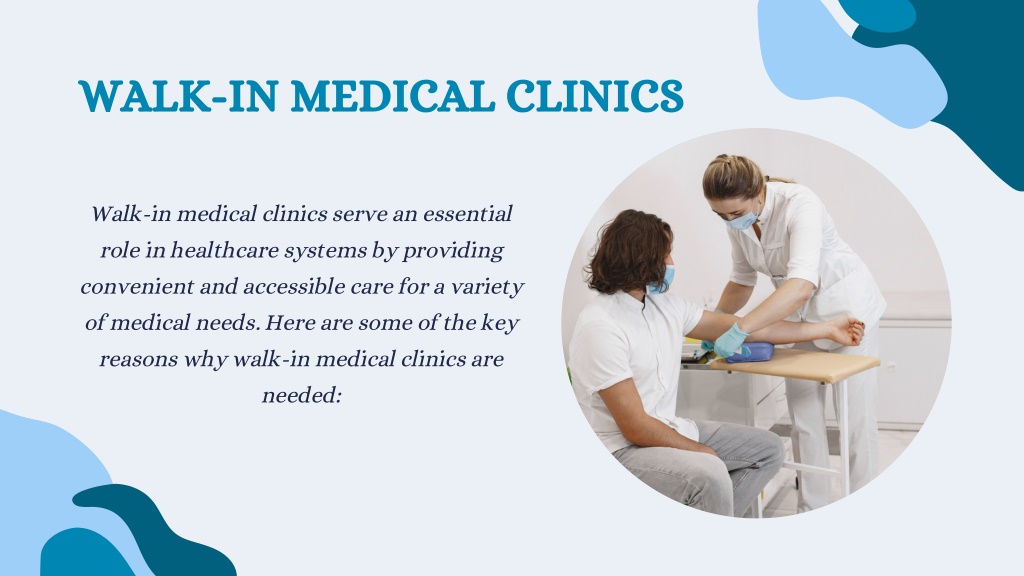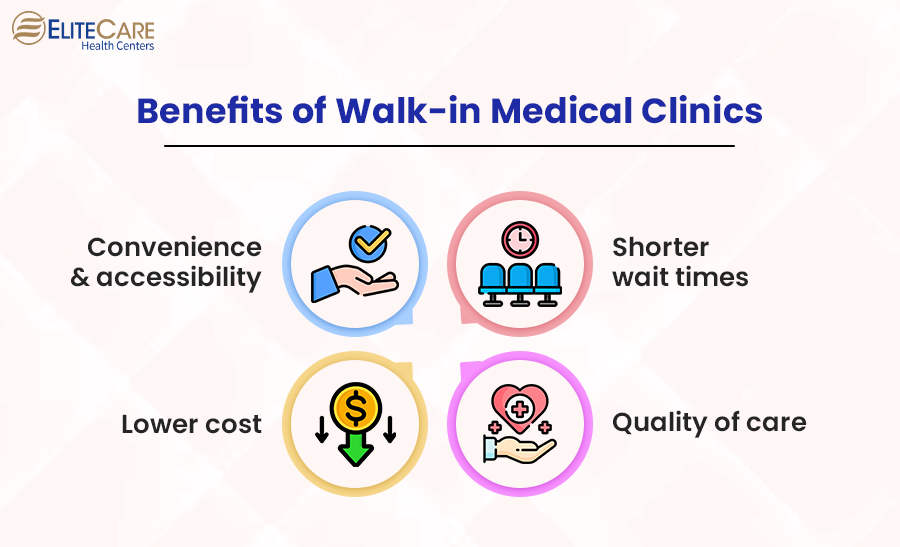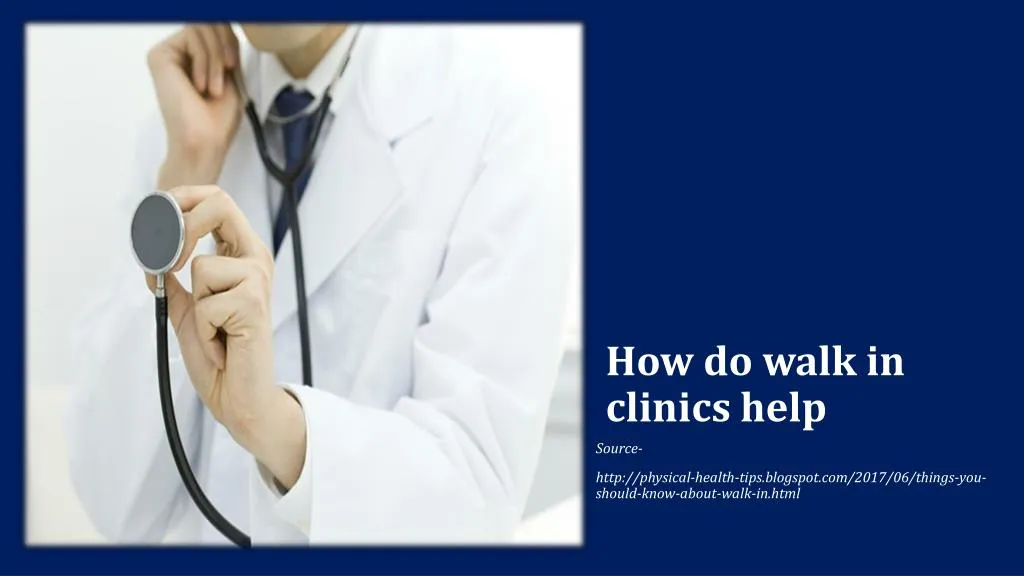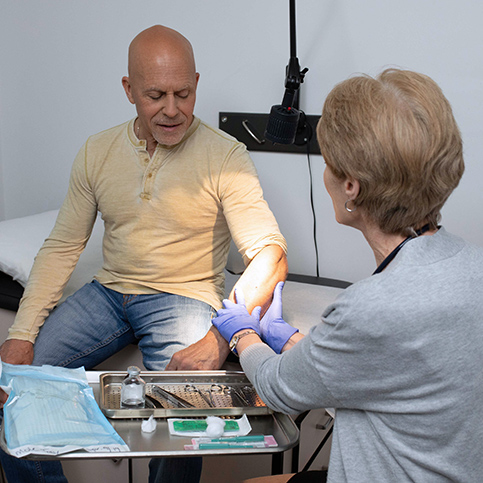Navigating Healthcare in Sydney: The Role of Walk-In Clinics
Related Articles: Navigating Healthcare in Sydney: The Role of Walk-In Clinics
Introduction
In this auspicious occasion, we are delighted to delve into the intriguing topic related to Navigating Healthcare in Sydney: The Role of Walk-In Clinics. Let’s weave interesting information and offer fresh perspectives to the readers.
Table of Content
Navigating Healthcare in Sydney: The Role of Walk-In Clinics

Sydney, a bustling metropolis, presents its residents with a complex healthcare landscape. Navigating this system effectively, especially during unforeseen health emergencies, can be challenging. This is where walk-in clinics, also known as urgent care centers, play a crucial role. These clinics provide accessible, immediate healthcare services, addressing a wide range of medical needs without the need for a pre-booked appointment.
Understanding the Significance of Walk-In Clinics
Walk-in clinics offer a vital bridge between traditional general practitioners (GPs) and emergency departments (EDs). They cater to individuals experiencing non-life-threatening medical conditions that require prompt attention, but do not necessitate the immediate care of an ED. This includes ailments such as:
- Minor injuries: Cuts, sprains, minor burns, and fractures.
- Infections: Flu, ear infections, urinary tract infections, and skin infections.
- Respiratory issues: Coughs, colds, bronchitis, and sore throats.
- Gastrointestinal problems: Diarrhea, vomiting, and stomach aches.
- Other conditions: Headaches, allergies, and minor rashes.
Benefits of Utilizing Walk-In Clinics
-
Convenience and Accessibility: Walk-in clinics offer a convenient alternative to scheduled GP appointments, particularly for individuals facing unexpected health issues. They operate during extended hours, including weekends and evenings, making healthcare readily available when needed.
-
Reduced Wait Times: Compared to EDs, walk-in clinics generally have shorter wait times, minimizing the inconvenience of extended waiting periods. This is particularly advantageous for patients with acute conditions requiring prompt attention.
-
Cost-Effectiveness: While walk-in clinics may charge a fee for consultation, they are often more cost-effective than ED visits, especially for non-emergency conditions.
-
Comprehensive Care: Walk-in clinics provide a range of services, including diagnosis, treatment, and prescription refills. They often have on-site laboratories and diagnostic equipment, facilitating comprehensive care within the clinic.
-
Specialized Services: Some walk-in clinics offer specialized services, such as travel medicine, vaccinations, and minor surgical procedures, further enhancing their utility.
Frequently Asked Questions about Walk-In Clinics
Q: Do I need an appointment to visit a walk-in clinic?
A: No, walk-in clinics operate on a first-come, first-served basis. You do not need an appointment to receive care.
Q: What should I bring to my first visit?
A: It is advisable to bring your Medicare card, any relevant medical history documents, and a list of current medications.
Q: What are the costs associated with visiting a walk-in clinic?
A: Walk-in clinics generally charge a consultation fee, which may vary depending on the clinic and the services provided. Medicare rebates may be available for eligible services.
Q: What happens if my condition is too severe for a walk-in clinic?
A: If your condition is deemed too severe for a walk-in clinic, the staff will refer you to the appropriate medical facility, such as an ED or a specialist.
Tips for Making the Most of Walk-In Clinics
- Choose a reputable clinic: Research clinics online or through recommendations to ensure they are appropriately staffed and equipped.
- Arrive early: Walk-in clinics often experience peak periods, so arriving earlier can help minimize wait times.
- Be prepared to wait: Despite shorter wait times, some waiting is inevitable, particularly during busy periods.
- Bring all relevant information: This includes your Medicare card, medical history, and medication list.
- Ask questions: Do not hesitate to ask questions about your condition, treatment plan, and any associated costs.
Conclusion
Walk-in clinics in Sydney offer a valuable resource for individuals seeking immediate healthcare access. They provide convenient, accessible, and cost-effective solutions for a range of non-emergency medical needs. By understanding the services provided and the benefits offered, individuals can navigate the healthcare system effectively and receive timely care when required. While walk-in clinics are a valuable resource, it is crucial to remember that they are not a substitute for regular GP visits. Maintaining a relationship with a primary care physician is essential for managing ongoing health concerns and receiving comprehensive care.








Closure
Thus, we hope this article has provided valuable insights into Navigating Healthcare in Sydney: The Role of Walk-In Clinics. We hope you find this article informative and beneficial. See you in our next article!